A measure has just been passed among California voters that will restructure California’s Mental Health Services Act to provide billions of dollars for treatment centers focused on addressing chronic homelessness.
The proposition passed with a slim margin of 50.2% of voters. 49.8% of voters considering the proposition voted “no” on it.
Prop 1
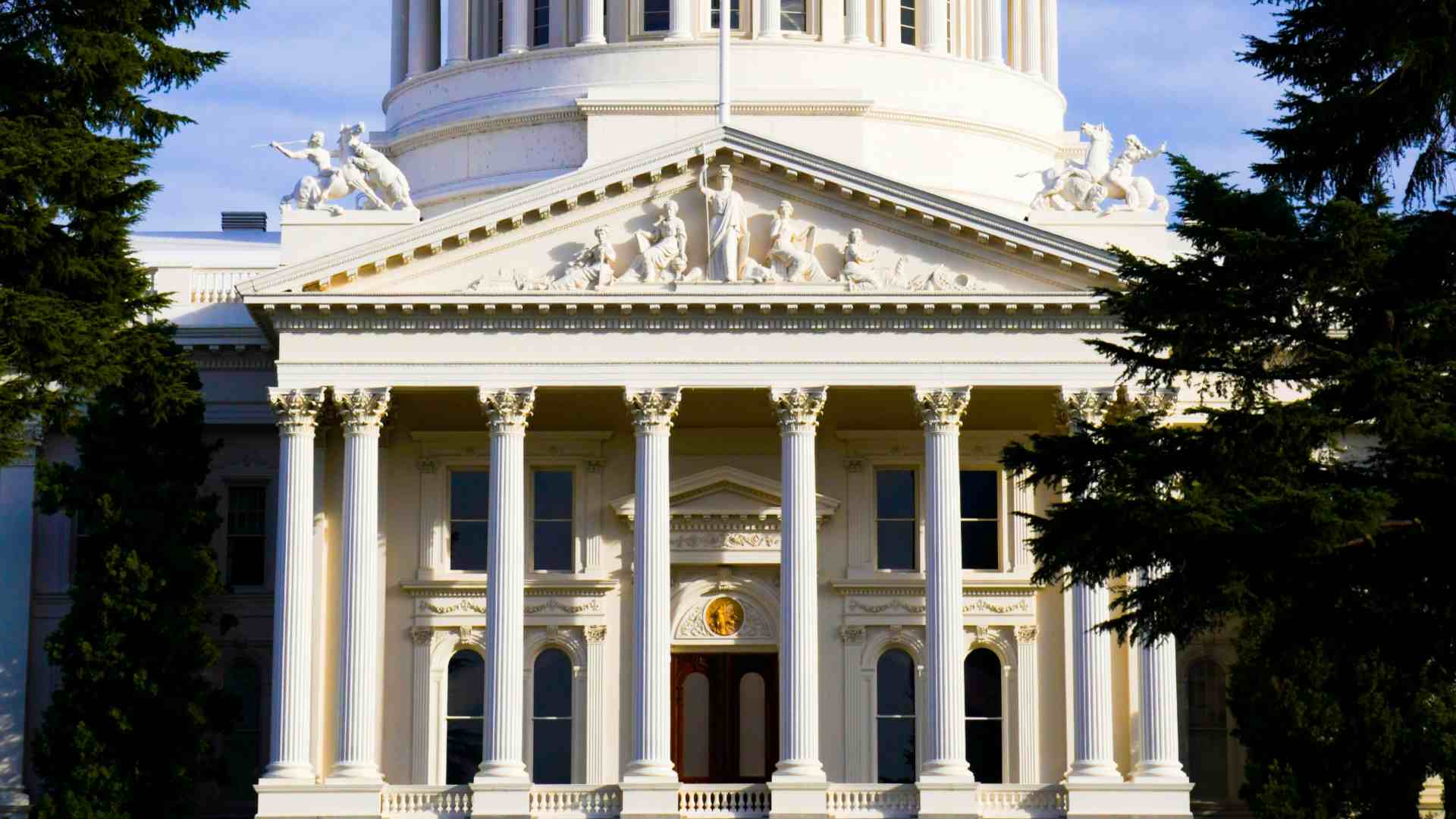
The ballot measure that passed, called Proposition 1, put forward a provision that would increase taxpayer funding of mental health and addiction treatment facilities. Now billions of taxpayer dollars will be redirected to these facilities.
Prop 1 also included a $6.4 billion bond to fund these kinds of facilities, with the bond also available for veteran housing.
Hard Funding Push

There were several large politically motivated organizations who jumped onto the campaign to pass Proposition 1. SEIU California and the California Hospital Organization were some of the contributors to the proposition campaign that raised over $14 million.
The campaign to oppose Proposition 1 only reportedly raised $1,000. With the closeness of the results, its is possible that this fundraising discrepancy made the difference in the voting.
Newsom Celebrates
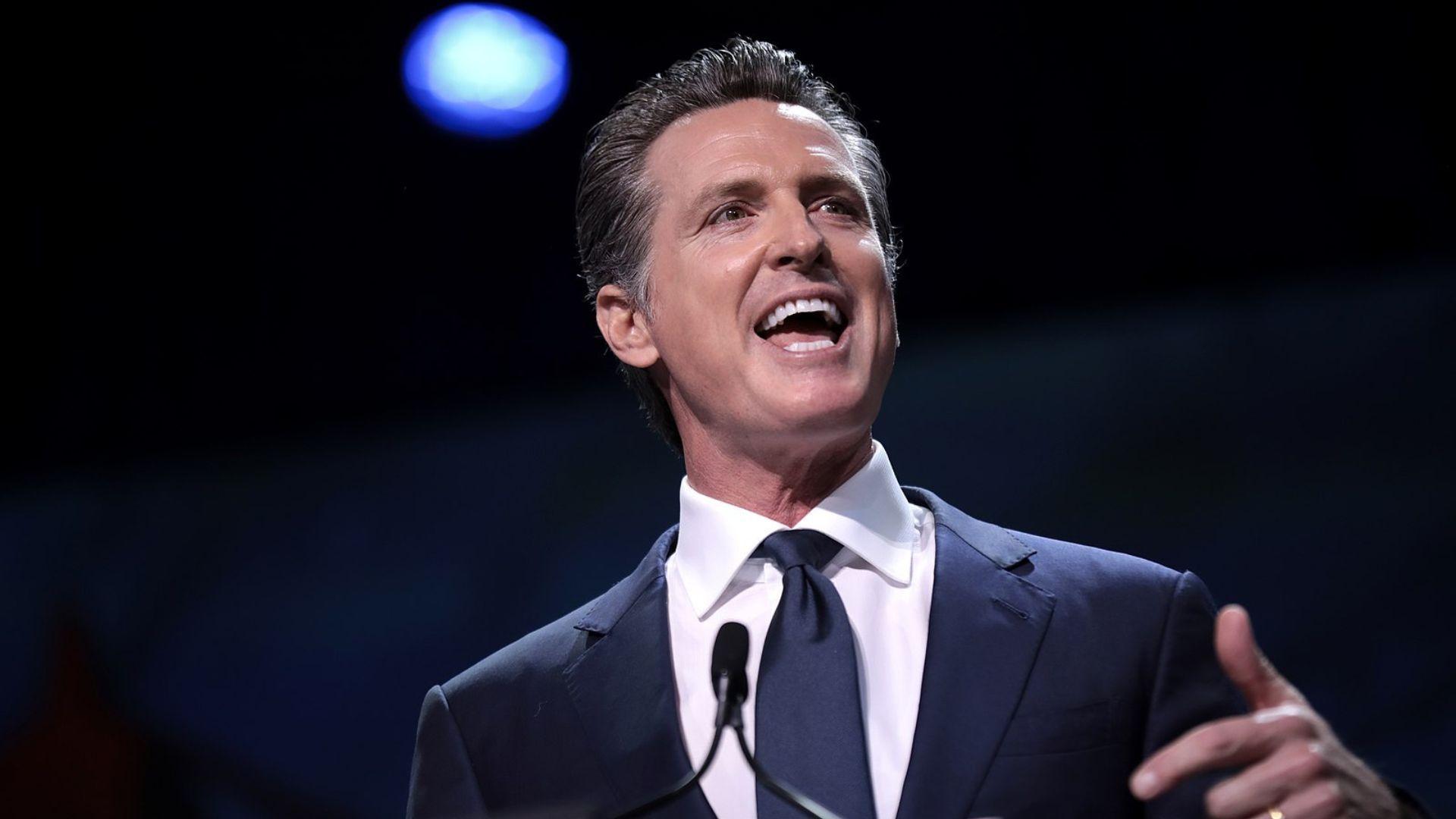
In a post on social media platform X, California Governor Gavin Newsom was ecstatic about the passage, saying it was a huge victory.
“Proposition 1 PASSES. This is a huge victory for doing things radically different when it comes to tackling homelessness. The biggest change CA has seen in DECADES. Now it’s time to get to work — repairing the damage caused by decades of broken promises and neglect to those suffering from severe mental illness. Thank you, California,” Newsom wrote.
California’s Looming Deficit
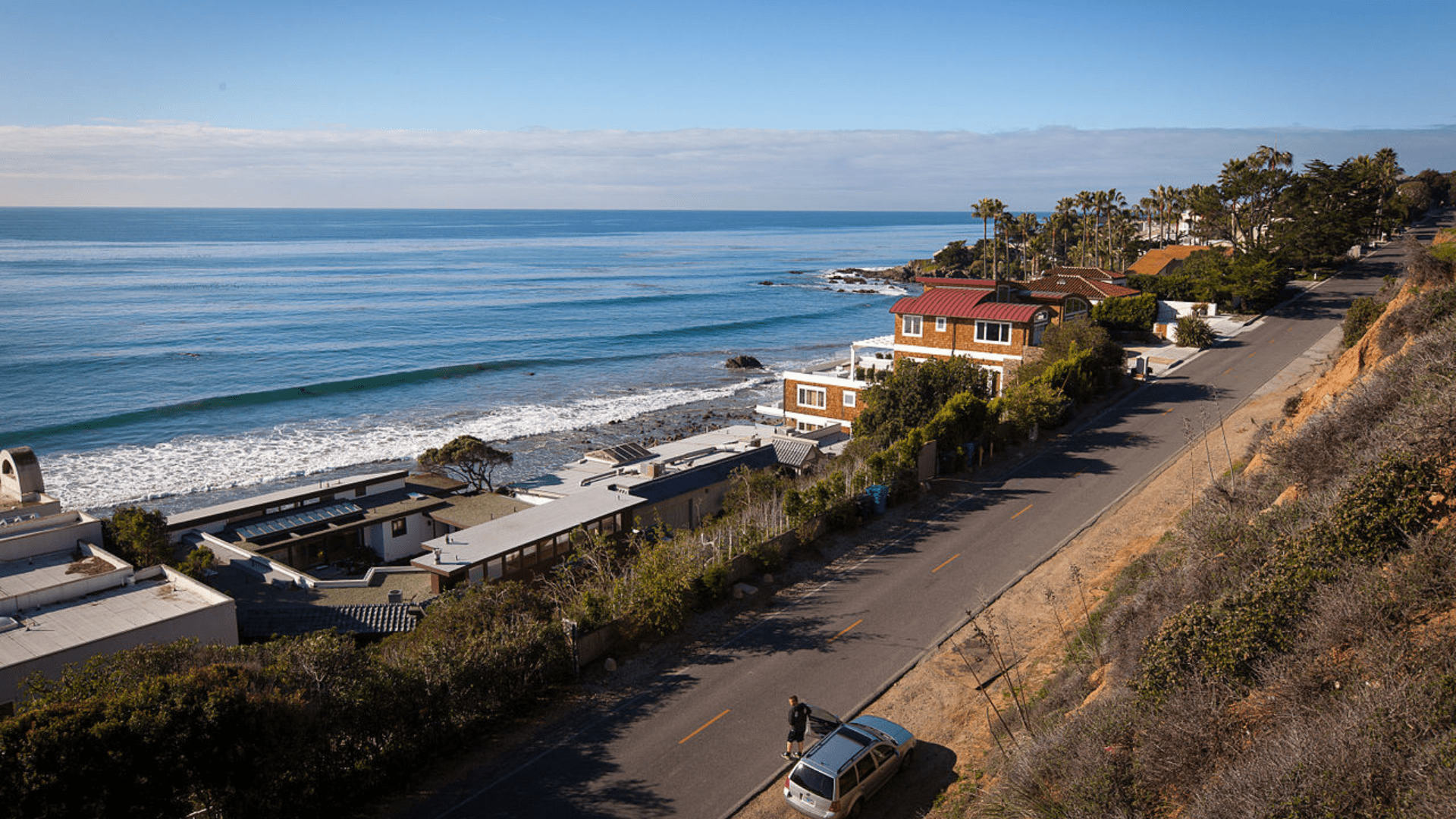
This proposal’s passing comes while the government of California is facing an unprecedented funding deficit. Current LAO estimates put the future government deficit at possibly $73 billion in the state.
In the past, Newsom has tried to downplay the seriousness of the deficit as only $38 billion. However, regardless of the number, it still looms large over the governor and Democrat lawmakers in the state during a big election year.
Addressing the Deficit
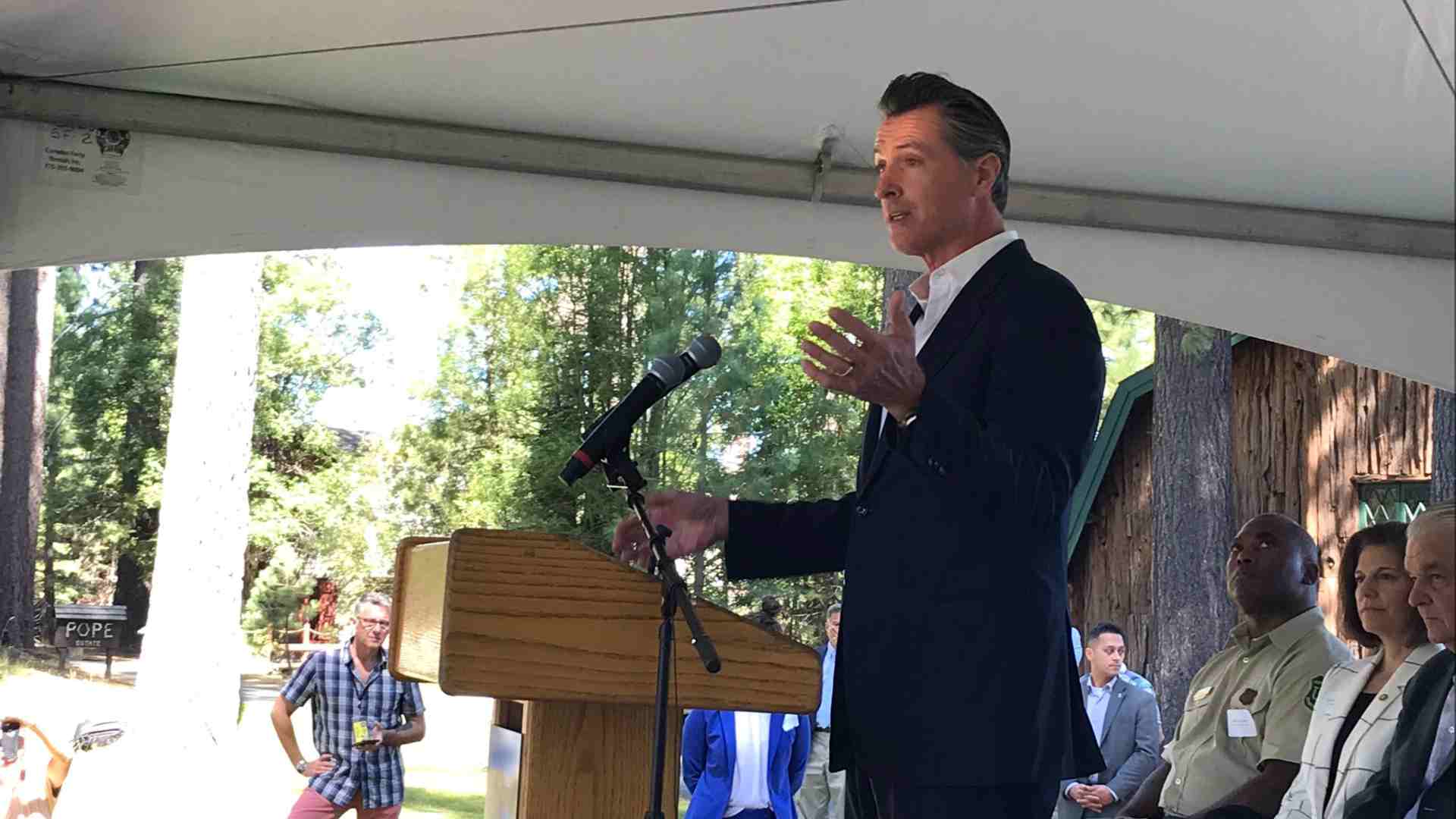
On Tuesday, just before the results of the proposition were officially announced, Newsom reached an agreement with California lawmakers on how to address the state’s budget deficit.
This move is earlier than expected, as budget negotiations typically ramp up during June as the July 1 deadline for a new budget draws near. It’s possible the November election has accelerated this timetable.
Balanced Approach

In a statement published by Newsom’s office, the governor praised the agreement reached with the Speaker of the Assembly and the Senate President that would address between $12 and $18 billion in budget shortfall.
“Thanks to leadership in the Assembly and Senate, California is stepping up with a balanced approach that will take a significant chunk out of the projected shortfall. Despite the uncertainty due to the federal tax deadline delay last year, historic reserves and fiscal responsibility will assure a balanced budget that meets California’s needs.”
Senate Proposal
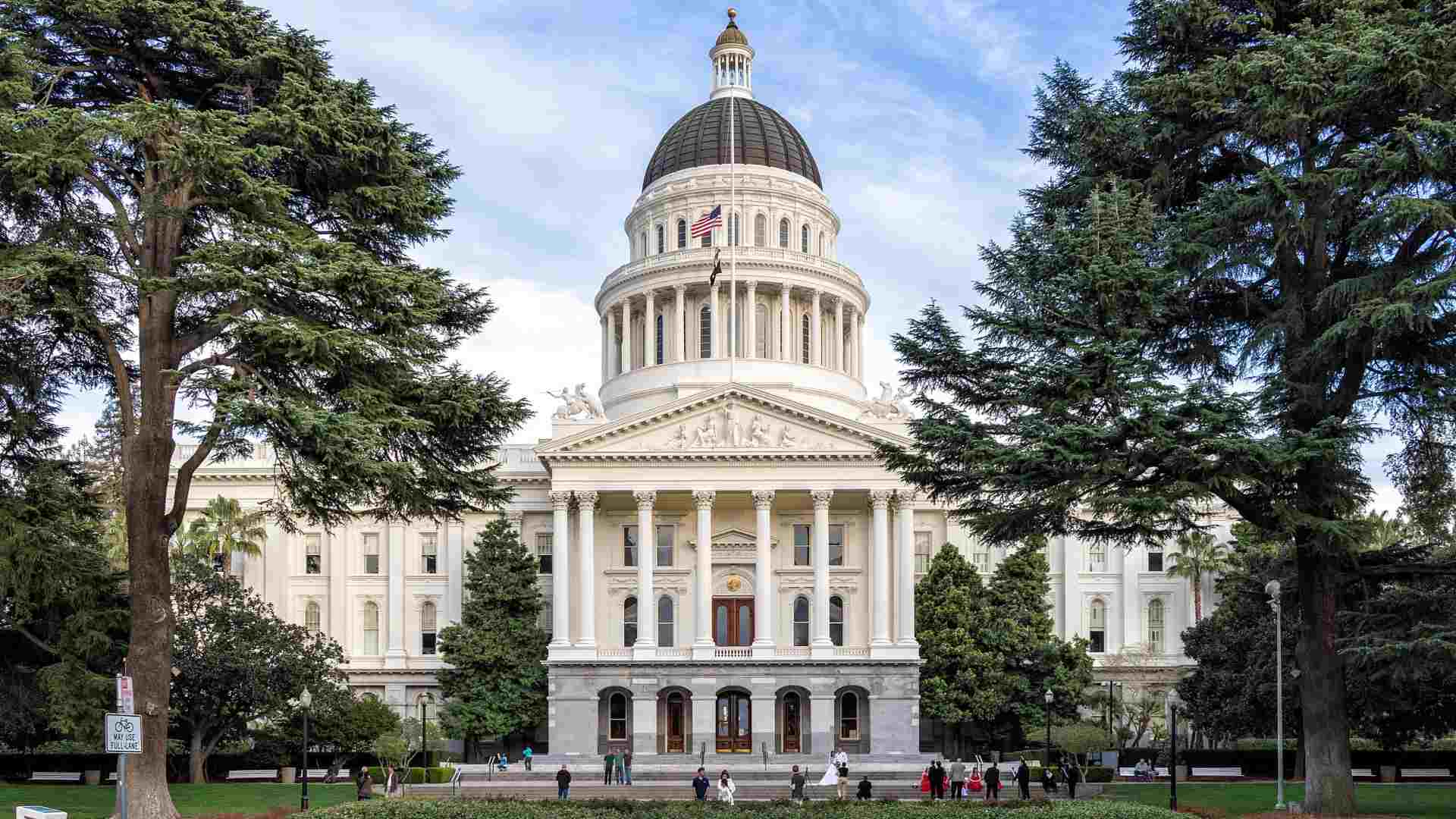
Another plan to reduce the budget deficit comes from the state Senate. This plan promises to “shrink the shortfall” between $9 to $24 billion.
The Senate plan does not include any tax increases on Californians and Newsom has previously said that he is in favor of the plan. This could lead to a fast-tracking of it to the governor’s desk.
Homelessness Problems
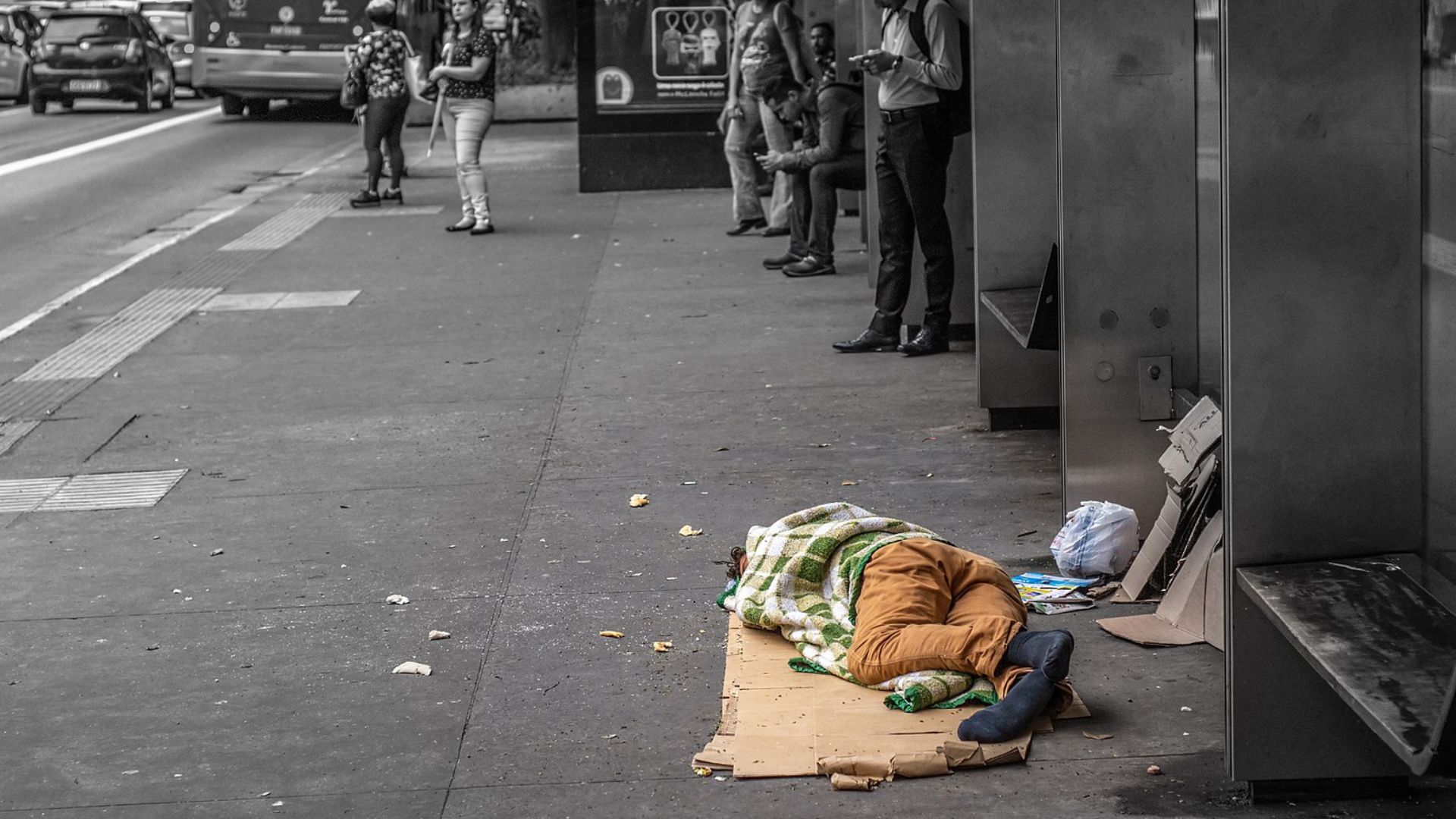
According to a California Senate fact sheet in 2020, California had 161,548 homeless residents which accounted for 28% of the entire nation’s homeless population.
In 2024, Cal Matters reported that the homeless number has grown by nearly 40% in five years. It’s difficult to get a true figure on the scope of the problem since the data relies on reporting from volunteers. It’s often difficult to find every area a homeless person may be staying to record them.
Criticism of Proposition 1

One group that has been staunchly opposed to the proposition is conservatives and Republicans in California. Some view the effort to utilize taxpayer money to solve the homelessness problem in this way as something that has a bad track record of failing in the past.
Republicans are more likely to support incentive programs, job training programs, and other measures that promote self-sufficiency for the homeless.
Local Officials

Another group that has criticized the ballot measure is local county government officials in California. With the passage of Prop 1, money would be taken away from their community-based health programs in favor of these statewide treatment facilities.
The Board of Supervisors in Placer County passed a resolution opposing Prop 1 in February “due to concerns that it would limit local control and flexibility over behavioral health services and reduce program funding to counties.”
Disability Rights Advocates
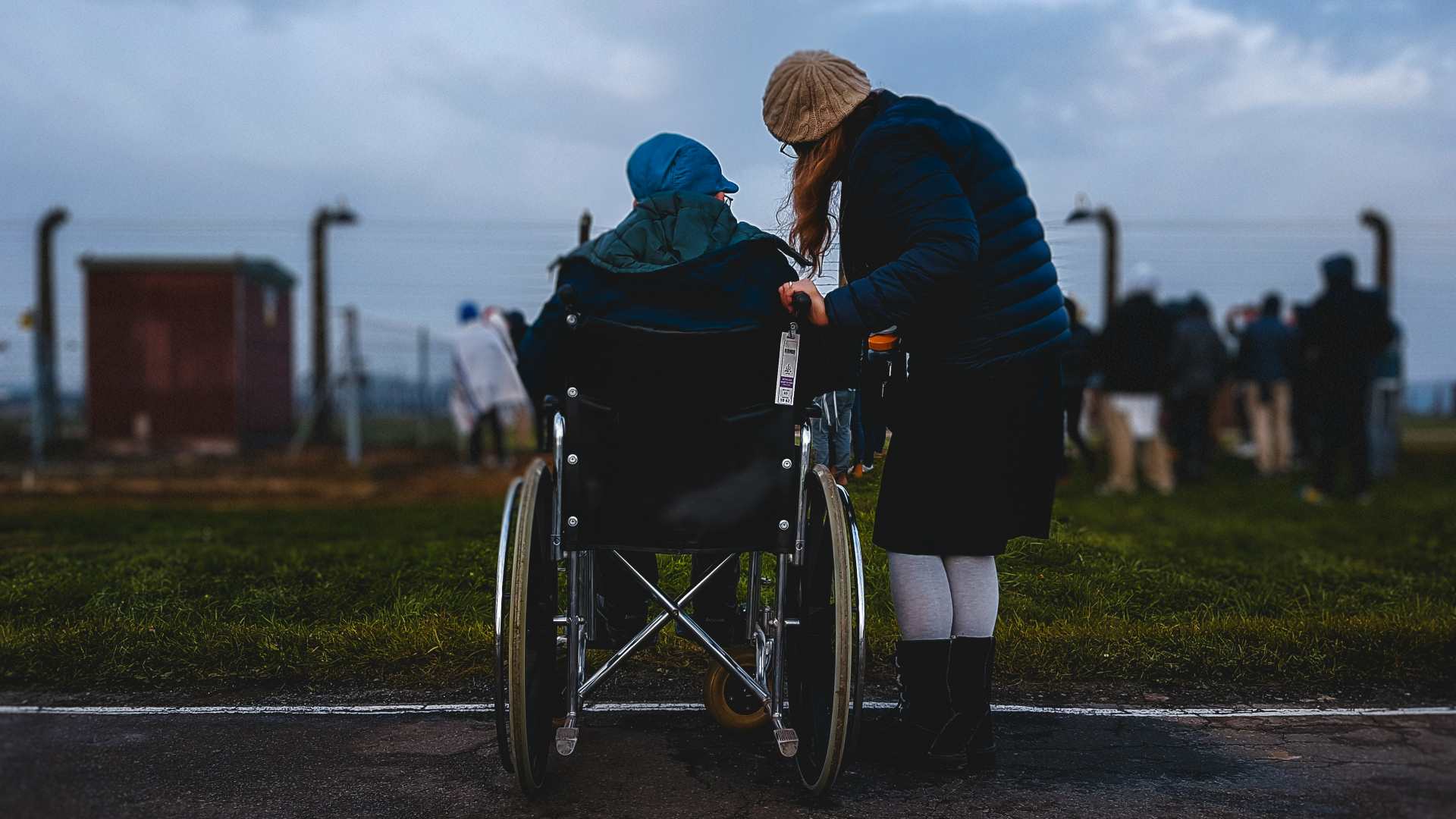
A third group that is concerned with Prop 1 are advocates for disability rights. They do not support the types of facilities that the proposition will now fund. In their view, taxpayers will be funding locked-door psychiatric institutions that force involuntary treatment on those who don’t want it.
In January, the organization Disability Rights California noted their opposition to the ballot measure, saying “The disturbing consequences will be more people subjected to involuntary detention and treatment without any evidence to support this approach.”
